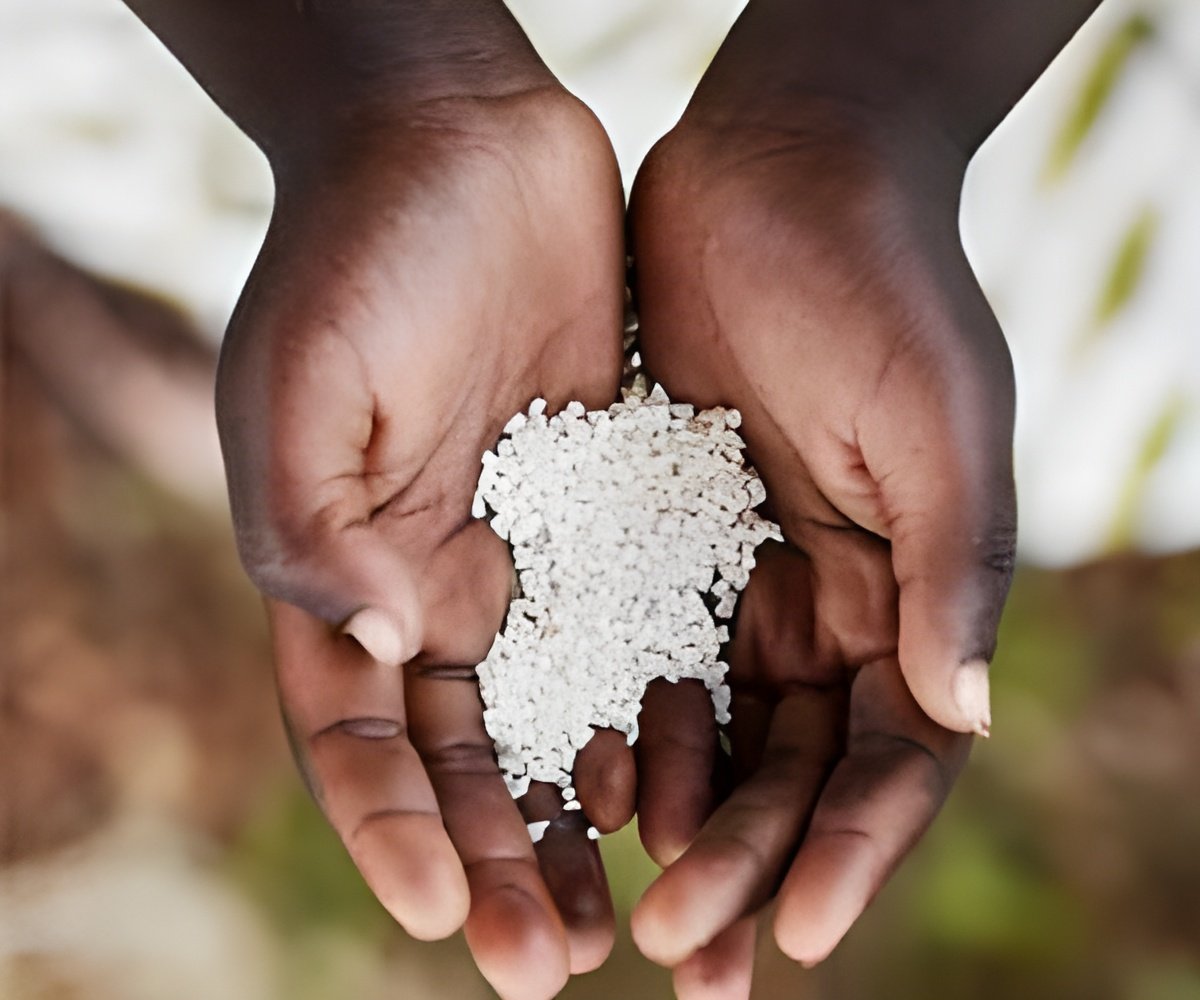Early life food insecurity may have a negative impact on the learning ability of adolescents in India, reveals a new study.

TOP INSIGHT
Early life household food insecurity, i.e., having limited access to sufficient healthy food at home may have a negative impact on the learning ability of adolescents in India.
Some 47 percent of children studied had experienced household 'food insecurity' - including skipping meals, eating less when needed and families not having enough money to put food on the table - at some stage during the observation period.
And 18 percent of the wealthiest of families in the study had also experienced insecurity, highlighting that food insecurity is not exclusively a matter of poverty.
Food insecurity at all ages hampered learning. The data showed lower vocabulary, reading, maths, local language (Telugu) and English scores in early adolescence.
Children who suffered food insecurity at age 5 or chronic food insecurity had the lowest scores across all outcomes. Early and chronic food insecurity were the most consistent predictor of impaired cognitive skills at 12 years, particularly reading and vocabulary development.
These differences by subject suggest that the influence of food insecurity is not universal throughout childhood.
For subjects such as maths, where learning at one level builds directly upon learning at the previous level, food insecurity at any time may derail current and future learning.
Through lower learning levels, food insecurity during childhood can have ripple effects for future earnings and health, which matters both for individuals and for the economic development of the country overall.
The research, 'Inequalities in adolescent learning: Does the timing and persistence of food insecurity at home matter?' was written by Dr. Elisabetta Aurino, Imperial College, London, Dr. Jasmine Fledderjohann, a researcher at Lancaster University, and Dr. Sukumar Vellakkal, of BITS Pilani, Goa.
This is the first paper of its kind to look at adolescent learning differences and household food insecurities at three stages of childhood - early, mid and adolescence - in India.
The data, involving almost 2,000, was taken from the Young Lives Study in India.
The research team hope their study findings will inform educational programmes targeting children at a higher risk of food insecurity - in tribal areas, urban slums, and remote areas -providing them with extra educational support.
They also want their findings to be used by policy-makers working in food programmes and other social protection to devise potential ways in which those schemes can enhance their educational sensitiveness.
Based on their findings about 5-year-olds, they suggest:
- Strengthening food-for-education preschool programmes by, for example, including breakfast or take-home rations in vulnerable areas;
- Improving the nutritional content of food received through the public distribution system for households with pre-schoolers;
- Strengthening the overall quality of early years education for ensuring a strong head-start.
They have prepared a special policy brief on Site4Society focusing on relevance of findings to meeting the UN's Sustainable Development Goals, urging policymakers to take up a range of quick fire solutions.
Dr. Jasmine Fledderjohann, of Lancaster University's Sociology Department, said: "Our findings really highlight how even very early experiences of food insecurity can have a lasting impact on outcomes across the life course."
Dr. Elisabetta Aurino, of Imperial College, added: "These effects are above and beyond factors such as schooling itself, nutrition, and children's individual characteristics because we have accounted for these potential alternative explanations in our models. So, the findings are very robust."
Source-Eurekalert
 MEDINDIA
MEDINDIA



 Email
Email










